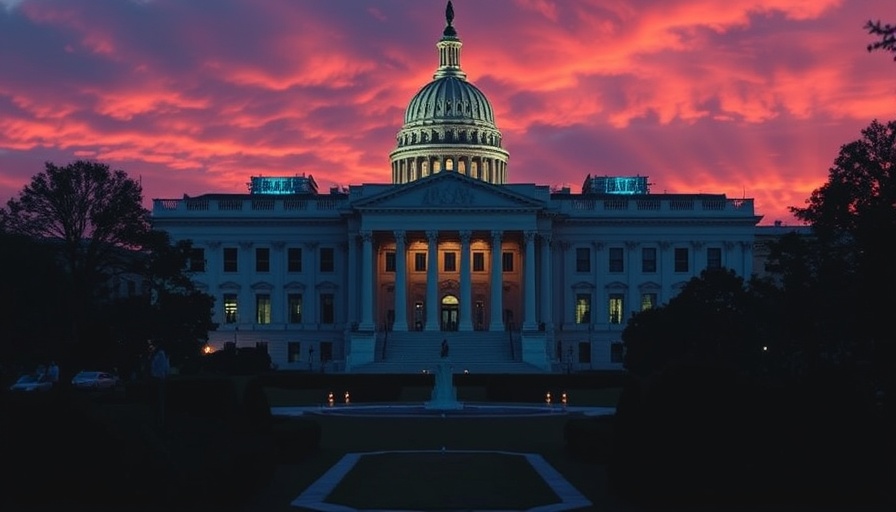
Government and Technology: A New Partnership?
The recent discussion surrounding the U.S. government's desire for insights into Intel and a portion of the revenues from technological innovations raises questions about the balance between capitalism and governmental oversight. At the heart of these discussions is the vital role of artificial intelligence (AI) technology, a sector that has rapidly transformed industries and everyday life.
The Rise of AI and Its Implications
Artificial intelligence has garnered massive attention over the past several years, with applications ranging from automation in business to healthcare diagnostics. As the industry grows, the logistics of regulation and revenue sharing are becoming critical points of concern. The government's interest can be seen as a necessary approach to ensure ethical AI development, stimulating debates on how state involvement might shape innovation.
Are We Shifting Away From Capitalism?
This potential government control may signal a shift in the traditional capitalist mindset that has long defined Silicon Valley. The concern of entrepreneurs and tech innovators is whether such measures would stifle creativity and limit the free market's benefits. Historical examples show that government intervention can equalize conditions, but it could also discourage investors and disrupt AI innovations.
Ethical Considerations and Regulatory Structures
Amidst this evolving landscape, questions arise—what are the ethical implications of government involvement in AI technology? Regulating AI is essential to prevent misuse or biases introduced in algorithmic models. As we delve deeper into AI advancements, combining innovation with ethical oversight could become the gold standard to ensure AI technologies act in the public interest.
The Future of AI in a Regulated Environment
Looking ahead, observers can only speculate on the forthcoming landscape of AI regulations. Will we see a harmonious relationship where innovation flourishes alongside oversight? Or will fear of state control lead experts to operate in silos, hindering cooperative advancements? Regardless, the future trajectory of AI innovations will greatly depend on the frameworks established today, shaping business operations and customer experiences alike.
For all stakeholders involved—from students to professionals in the tech industry—the ongoing conversations around governmental involvement in AI technology underscore its potential impact on the economy, ethics, and innovation. The intersection of AI and government could redefine our understanding of progress, urging a collective effort to ensure that as technology advances, so too do the ethical standards that govern it.
 Add Row
Add Row  Add
Add 




Write A Comment